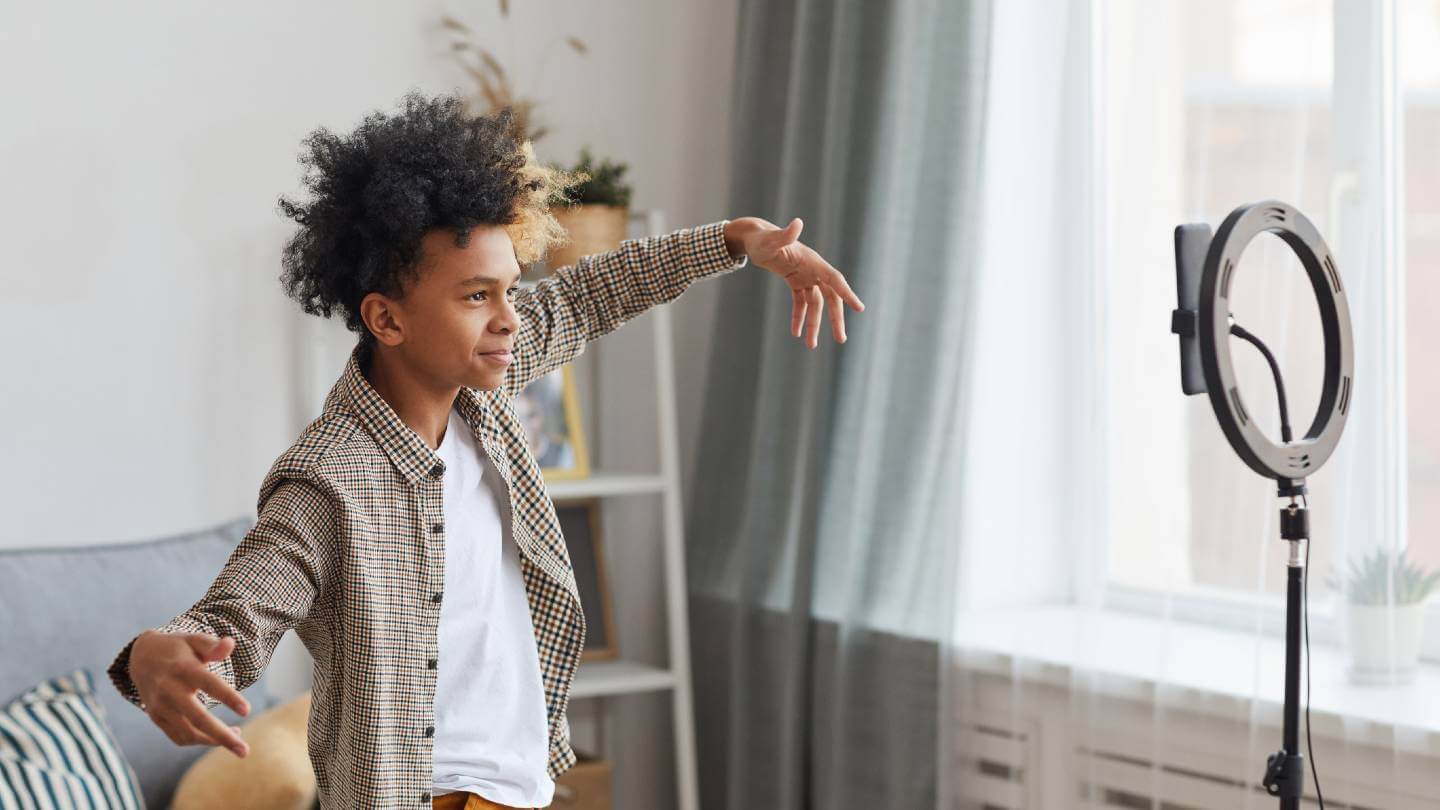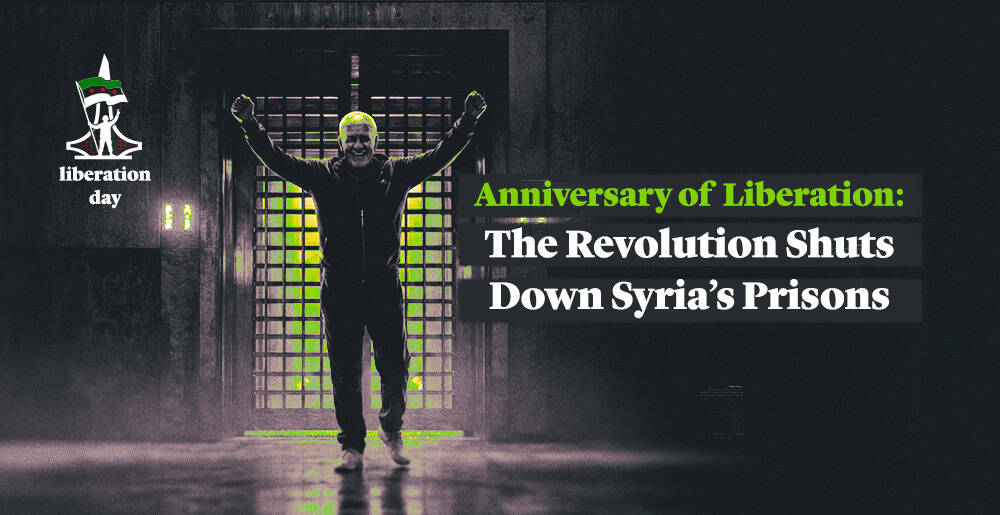This Is How China Protects Its Children and Makes Ours ‘Stupid’

Through a unique version, TikTok will introduce, if you’re a Chinese under 14, science experiments that you can do at home, museum tours, and patriotic and educational videos. You will be allowed to use TikTok for only 40 minutes per day—but what about the other children living in other countries?
In fact, another public version of TikTok will be shared for the rest of the world. As they are aware that technology influences the development of young people, Chinese authorities made two different copies of the popular platform; for their home market, they sell an impoverished version while exporting opium to the rest of the world to simply protect Chinese children. Is it a conspiracy against children around the world?

Two TikTok Copies?
In a report published on December 15, 2022, the French Le Figaro said that the differences between the Chinese and international versions of TikTok raise concerns about Chinese intention to turn children around the world into “idiots” through this soft power while protecting its future generations.
The Chinese version of TikTok offers those under 14 helpful science experiments that can be done at home, museum tours, and educational videos, as claimed by former Google engineer Tristan Harris to the American 60 Minutes program.
“It’s almost like Chinese company ByteDance recognizes that technology’s influencing kids’ development, and they make their domestic version a spinach TikTok, while they sell the opium version to the rest of the world,” says Tristan Harris.

Harris, who left Google in 2015 after warning in early 2010 of the dangerous effects of new technologies on our attention, confirmed that studies in China and the United States sought to discover the profession that inspires young people in their future, so the answer was an “influential figure” on the media for American children, while in China the answer was an “astronaut.”
The newspaper pointed out that the intervention of Tristan Harris is very frightening, and that it meets French President Emmanuel Macron’s description of this platform as disturbing naivety.
ByteDance was aware that technology influences kids’ development, so they made their domestic version of TikTok and sold the destructive copy to the rest of the world, according to Harris.
Making Our Children Stupid
As inflation soared, many are no longer keeping all their subscriptions to streaming platforms, like Netflix, Amazon Prime, and Disney+, so most of their time will be spent on free platforms like YouTube and TikTok, particularly for young people.
Tristan Harris has tried on many occasions to warn Western parents of TikTok’s harmful influence on their kids. This platform was only launched 3 years ago and is likely to end the year 2022 with 1.8 billion users. Tristan Harris’ message is disconcerting. According to the ex-Google engineer, China protects its children from silly videos and ridiculous social media photos but makes ours “stupid.”
Very clearly, he recalls that China has put a limited timing for Chinese kids to use TikTok, no more than 40 minutes a day with educational videos and scientific experiments. Other children worldwide will not find the same content because they are actually using another copy of TikTok where there is no time limit and no specific content; all posts can be shared. In other words, the Chinese copy of TikTok is an educational tool, while the other sold to the rest of the world “is said to be a new form of people’s opium.”

Doctor Laurent Alexandre has often explained that the economic war in the future will be a war of brains: “We might as well prevent the brains of our young people from being stupefied by addictive apps. The question is also legal, because in Europe, we have also understood that when the product is free, it means that we are the product, and therefore our European parliamentarians have legislated on the protection of our data.”
According to him, “the only big concern, very big concern, is that it’s good to check that Meta, Twitter or TikTok do not only influence our votes, but our brain as well.”
Harmful and Suicidal Content
In her interview with Al-Estiklal, Sociologist Umaima Bougatfa warned of the dangerous content of TikTok that threatens any child with no parental or social supervision. Bougatfa believed that there should be a minimum age for accessing social networks, just as there is a particular age for buying alcohol or a pack of cigarettes; she said all these things have one thing in common with TikTok, they cause a dopamine increase in humans.
“TikTok is causing self-harm through many challenges and eating disorder content, minutes after joining the platform.”
The sociologist pointed to the new study in which researchers found that within 2.6 minutes after joining the app, harmful content that encouraged suicide would be recommended by the TikTok algorithm, in addition to 56 TikTok hashtags about eating disorder videos reaching more than 13.2 billion views.
“TikTok has become the fastest-growing social media application in the world. It can identify user weaknesses and seeks to exploit them. It’s part of what makes TikTok’s algorithms so insidious; the app is constantly testing our children’s psyche and adapting to keep them online, connecting with strangers, participating in dangerous challenges, and sharing personal data; that’s why, for any app, parents should keep track of what their children can do and share with others,” Bougatfa has put.
“Personally, I consider TikTok a dangerous arena where many kids want to be praised and famous through likes and followers, and when the desire to be famous is so strong, our children will find ways to attract followers, even by taking risks to engage in insecure and sexually suggestive behaviors.”











